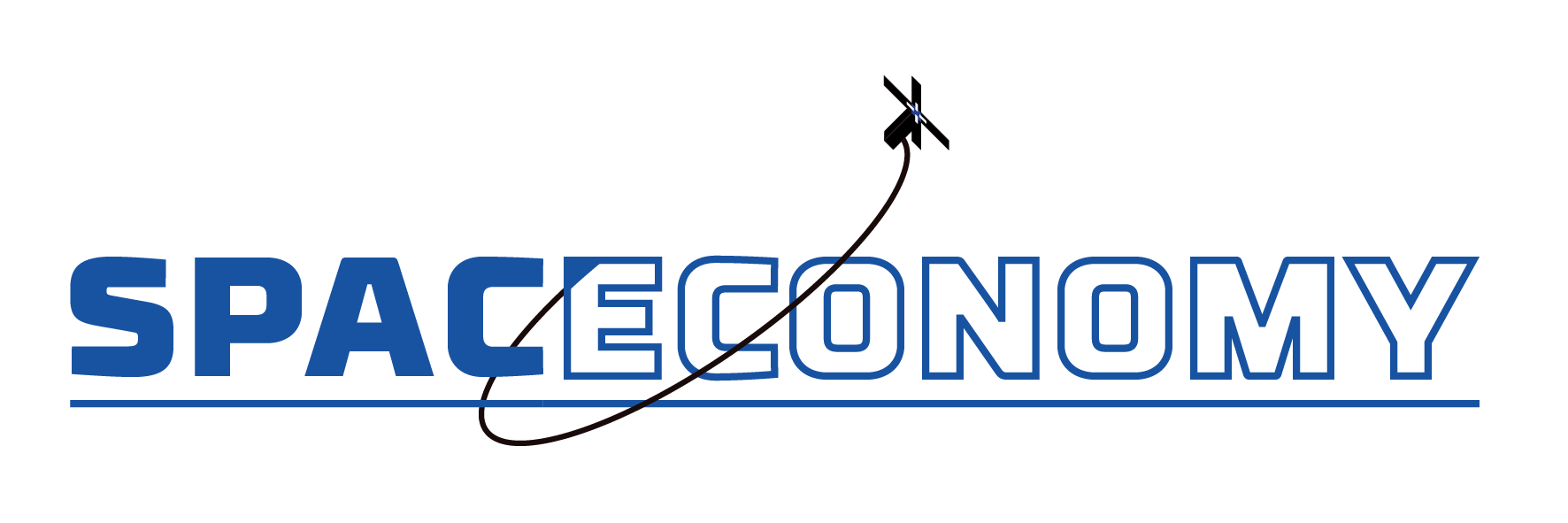Space technology finds underground pipe leaks and protects cultural heritage sites

Traditionally, satellite imagery has been used for weather monitoring, navigation, and defense industry needs. Now, the SPACE4Cities project, funded by the European Union Space Programme Agency (EUSPA), is exploring how space technologies could benefit European cities in preparing for climate change.
The international project is coordinated by Forum Virium Helsinki, the innovation company of the City of Helsinki – this is another way to participate in space activities!
The SPACE4Cities innovation project has selected the ten best concepts from twenty submissions by companies utilizing space technology for further development. The winning concepts will receive a total of €900,000 in funding for developing functional prototypes.
The concepts offer space technology-based solutions to common challenges faced by European cities, such as monitoring floods and heat islands, reducing transport emissions, combating forest fire risks, protecting cultural heritage sites, detecting underground pipe leaks, and monitoring the condition and changes of green spaces, bridges, and roads.
“We are very pleased with the winners’ innovations. I believe that solutions utilizing space technology will be highly beneficial for Helsinki and other Finnish cities as well. They have great potential to save money and improve efficiency,” says project coordinator Renske Martijnse-Hartikka from Forum Virium Helsinki.
Seven of the winners are individual companies, and three are consortia of multiple companies. The companies come from France, Spain, Italy, Portugal, Belgium, Germany, and the Netherlands.In July 2026, the five best prototypes will be awarded a total of €1,250,000 in development funding and the opportunity to pilot their innovations in real-world settings in fifteen European cities, including Helsinki. After the piloting phase, in spring 2027, the solutions are expected to be ready for broader commercialization.
Winning companies and solutions are
- Vexiza (Spain): “AI-WUIFIRE” – Combating forest fire risks
- eOnsight (France): “CHERISH” – Protection of cultural heritage sites
- Detektia (Spain): “CityMotion” – Monitoring ground elevation changes
- Latitudo 40, Planetek, and Teamdev (Italy): “CLIMAPS” – Monitoring heat islands, floods, and extreme weather events
- Everimpact (France): “DYNAMO-SM” – Reducing transport emissions
- Survintel (Netherlands) and Gisaia (France): “GeoRisk Monitor” – Monitoring the condition of bridges, roads, and railways
- Optim.aize (France): “OPTIM-Green” – Strategic planning of urban green spaces
- Neptune (Italy): “URBAN LENS” – Detecting underground pipe leaks
- CEiiA (Portugal): “UrbanRoots” – Monitoring the condition and changes of green spaces
- BitaGreen (Belgium), Climate Scale (Spain), and TreeSense (Germany): “VISTA” – Management of green spaces and biodiversity
Funded by the European Union’s Horizon Europe innovation program and the European Union Space Programme Agency (EUSPA), SPACE4Cities aims to harness European satellite data to address urban challenges and create more sustainable urban environments.
The project is implemented by Forum Virium Helsinki (the City of Helsinki’s innovation company), the City of Amsterdam, the Municipality of Guimarães (Portugal), the Attica Regional Development Fund (Greece), District09, the digital innovation and technology organization of the City of Ghent (Belgium), the smart city network OASC, and Aerospace Valley, Europe’s leading aerospace competitiveness cluster (France).
